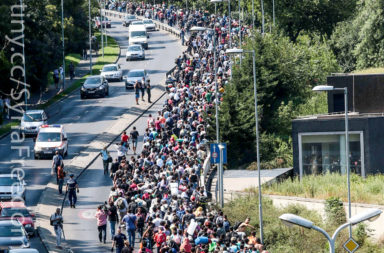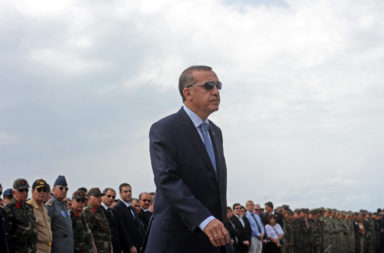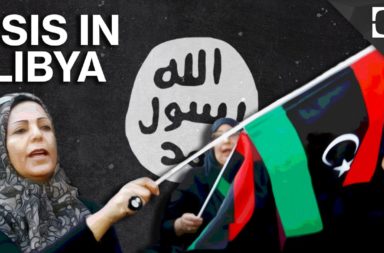Linking Europe and Asia by the Bosphorus bridge, Turkey hosts a multitude of culture and tradition. From metropolitan Istanbul to the rural lands of South Eastern Anatolia, the country harbors a spectrum of different lifestyles and ethnicities. Having previously been the center of one of the largest empires in documented history, the remains of the Ottoman culture accounts for much of the diversity within this country (just to give you an idea; the Empire contained around 32 provinces spread out through Europe, Asia and Africa by the beginning of the 17th century).
To be able to address human rights issues in regards to minorities within this country I want to just highlight the sort of diversity that is still prevalent throughout the region.
Turks make up roughly 70 percent of the population. Turkey is still predominantly an Islamic country due to its majority of residents practicing Islam, historically Turkey was a Caliphate, meaning it was under Islamic rule.
Greeks, Jews and Armenians are the only non- Muslims minorities. The biggest issue up for debate comes from the Kurds who account for approximately one tenth of Turkey’s population. The PKK (a Kurdish workers’ party aiming for autonomy for Kurds) has been labelled a terrorist organization by the Turkish government.
Turkey is officially recognized as a Republic with Recep Tayyip Erdogan serving as President. The country has endured much tension, on an international forum as well as domestically. As of 1928 Turkey is a secular country, a result of the great role that Mustafa Kemal Attaturk played in reforming the country and moving it away from its Ottoman past.
Domestic issues surrounding human rights arose due to the country’s current leadership under the AKP party that came into power in 2001 with a different outlook harboring pro – democratic and pro – human rights aspects that were contradictory to their initial stance. The party did follow through with their proclaimed goals however, 2011 brought about another stance in political reforms that caused much tension and dissatisfaction within some fractions of Turkish society. President Erdogan is seen to be incorporating religion back into politics and the government, as well as harboring an intolerance of freedom of expression and political opposition. Despite this, President Erdogan has still successfully maintained majority support on a national scale.
Turning to the Kurdish population; recent ISIS bombings that resulted in the deaths of 31 Kurdish and Turkish activists caused a series of events that escalated the human rights issue in Turkey with regards to the government’s stance on minorities.
The PKK held the Turkish government responsible for the ISIS bombing, due to inactivity on their part and retaliated with protests in different cities along with the killing of two Turkish police officers. The government responded by carrying out anti terrorism raids against ISIS and the PKK. Banning of protests and a number of websites as well as numerous arrests on suspicion of affiliation with terrorist parties were also carried out.
Under Erdogan and the AKP’s rule some international as well as domestic sections of society feel a general rollback in the reforms that promised a liberal democratic setup for the country. Accusations of the government’s increasing powers and influence of police forces were also reflected in the protests of 2013 in Gezi Park that resulted in an atmosphere of civil unrest.
The protests were sparked due to the violence of the police force in removing peaceful protests. This event single-handedly highlighted the issues that Turkey still faces in regards to freedom of expression and the right to protest peacefully.




